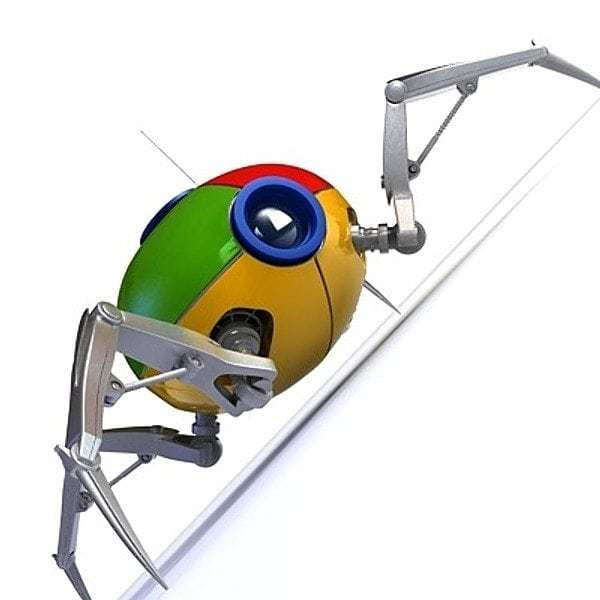Web crawlers, which also go by the name of spider bots, are used by search engines to explore the web with a specific purpose in mind. The best way to describe what a spider bot does is to say that it helps internet users find websites on search engines.
However, there’s more than meets the eye when it comes to web crawlers. We’re going to discuss what web crawlers are, how they can help a business, how to create one, and more.

What is a Web Crawler?
According to the definition, a web crawler is a bot that browses the web, most often for the web indexing. Search engines and other websites use specific web crawlers to renew their content or indices of other sites’ web content.
Spider bots are parts of computer programs that search engines use to either index the web content on other sites or update their web content. A spider locates specific web pages and saves them for later processing by the search engine.
The engine can then download and index the pages to allow internet users to find those web pages promptly, on a preferred search engine.
Also known as Google-bots, web cutters, automatic indexers, bots, and spiders, these smart little bots also validate HTML code and links. They also extract other data from the website, which is why these crawlers are so popular in the business realm.

Why should Businesses care about them?
Businesses rely on web crawlers to improve their SEO efforts. Essentially, SEO is all about improving the ranking of a business website so that consumers can find the site easily and quickly.
In return, this leads to increased lead generation, better conversion and retention rates, increased sales, etc. However, in terms of SEO, web crawlers make web pages more readable and reachable, and vice versa.
Search engines use crawling to lock onto business web pages to display them on demand. Regular crawling helps search engines stay up to date with all the latest website updates.
This is mandatory for any successful SEO campaign. Businesses use web crawlers to help them appear on the first pages of search results. This allows a company to provide an enhanced user experience, making them essential to any SEO strategy.
They provide a business with a robust campaign to boost rankings in SERPs, revenue, and traffic. All this aside, a web crawler also contributes to business content aggregation and sentiment analysis.
Everything starts and ends with your consumers today. They demand the highest quality and customer-centric services. And, as we have discussed, spiders can help your business give that to your consumer base. If you want to read more about web crawlers, check out Oxylabs website for more information.
How do you create one?
Creating your web crawler isn’t that hard if you’re already tech-savvy. While the choice of framework and computer language matters greatly, the architecture of your spider is vital to your efforts.
You’ll need the following components for the basic architecture of your spider:
- HTTP fetcher – a tool that allows you to retrieve web pages from the server.
- Extractor – provides support for extracting URLs from web pages like anchor links.
- Duplicate eliminator – ensures that you don’t waste your time on extracting the same content twice. This should be considered as a set-based data structure.
- URL frontier – this is a priority queue that prioritizes URLs that have to be retrieved and parsed.
- Datastore – an additional storage place where you store all metadata, URLs, and web pages.
When it comes to the right choice of programming language, you need a high-level language with a top-of-the-line network library. Most people go with Java and Python.
What can they do?
Search engines use web crawlers to crawl websites by exchanging links on pages. Every web crawler’s primary goal is to discover web page links to analyze their features and map them down for retrieval.

They extract, collect, and interpret vital information about web pages like meta tags and page copies. Then, spiders index this data so that users can access these pages via Google by typing the keywords in the search bar.
Do you need any Special Skills to use them?
If you want to scrape and crawl the web like a real professional, the answer is yes; you need certain skills. You’ll need the essentials like:
- Selenium web-driver
- Scripting/programming language
- JS, CSS, HTML
- Parsing robots.txt file
- Web page inspection
CONCLUSION
Let us cut to the chase. Web crawlers or spider bots explore the internet and index websites and pages they discover so that search engines can retrieve the information on demand.
Since Google keeps how these bots really work a secret, we cannot safely say that we know precisely how these spiders operate. However, we’re confident that they search the web to gather information and make the job of search engines much more manageable.





